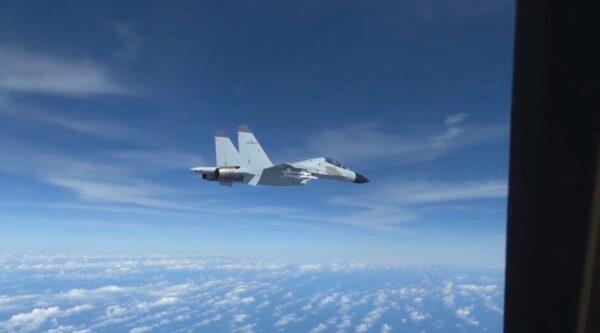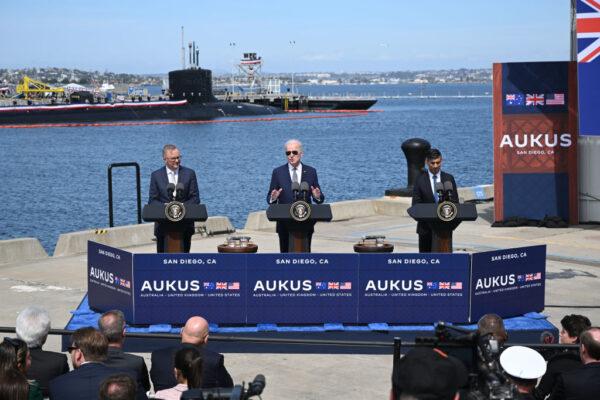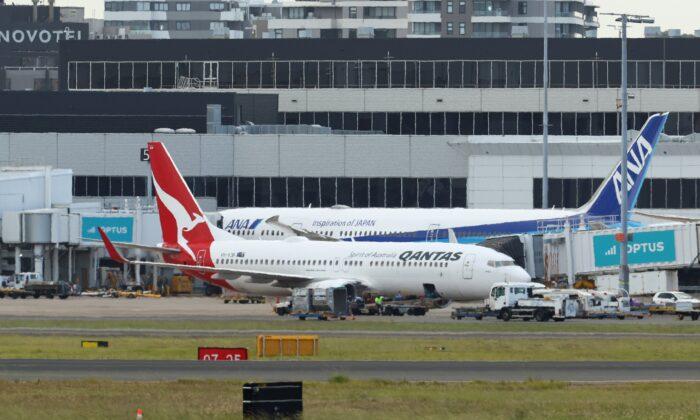Australian national airline carrier Qantas has warned its pilots to be wary of radio and Global Positioning System (GPS) interference signals from the Chinese military.
In a directive issued on March 16, the airline said it had detected interference signals in the Western Pacific and South China Sea.
However, the directive added that there had been “no safety events reported that relate to this activity” and required pilots to report any unusual incidents to air traffic control.
This follows a statement from the International Federation of Airline Pilots’ Associations (IFALPA) confirming the interference and warning pilots not to respond to any communications from the warships.
“IFALPA has been made aware of some airlines and military aircraft being called over 121.50 or 123.45 by military warships in the Pacific region, notably South China Sea, Philippine Sea, East of Indian Ocean,” the statement read.

“In some cases, the flights were provided vectors to avoid the airspace over the warship. We have reason to believe there may be interferences to GNSS and RADALT as well.
Expert: ‘No Doubt’ it’s from the Chinese military
Neil Hansford, an aviation expert, said there is no doubt that the interference came from the Chinese military.Hansford said that while the use of VHF system by Chinese warships to contact flights was worrying, what was more concerning was that they were interfering with GPS systems.
“VHF in itself is pretty much open source if you want to listen into what’s happening in the skies, and they may be throwing some flak around using the international security and emergency channels,” he said.
Under the AUKUS Background
The incident comes as Beijing keeps attacking the historical AUKUS partnership, a trilateral security pact with the United States and the United Kingdom.
The deal is estimated to cost between $268 billion and $368 billion (US$178–$245 billion).
In reaction, China’s foreign ministry said the three countries “disregarded” concerns of the international community and accused Australia of going “further down a dangerous road.”





Friends Read Free